Medical experts warned of a potential spike in COVID-19 infections in the coming winter season. While this could pose a threat to the elderly and vulnerable populations, experts assured the public that medical facilities were sufficient to handle the situation so there is no reason to panic.
China's top respiratory disease expert Zhong Nanshan warned of a small COVID-19 spike in the winter and reminded the elderly and vulnerable populations to get vaccinated as soon as possible during the 3rd Guangdong-Hong Kong-Macao Greater Bay Area (GBA) Health Cooperation Conference held in Guangzhou, South China's Guangdong Province, on Friday. He also detailed the future transmissibility of COVID-19 and its increased ability to escape antibodies.
Zhong stated that the elderly and people with weakened immune systems should receive second-generation vaccines as soon as possible.
Statistics from the Chinese Center for Disease Control and Prevention (Chinese CDC) show that a total of 209 new severe COVID-19 cases and 24 deaths caused by COVID-19 were reported across the country in October, with the prevalent strains all being XBB variants.
The virus is undergoing mutations, while the general population's ability to fight off the disease is declining because their antibody levels are lowering as time passes, Lu Hongzhou, head of the Third People's Hospital of Shenzhen, told the Global Times on Sunday.
According to Lu, there may be a rise in COVID-19 cases during the winter seasons. Also, autumn and winter are known for high influenza rates, so people should also be cautious of potential co-infections, according to Lu. While it is still necessary to continue implementing prevention and control measures in the winter season, there is no need to be overly concerned about it, said Lu.
A staffer from a local community hospital in the Pudong New Area in Shanghai told the Global Times on Sunday that the hospital's regular management experiences accumulated during the past three years and its routine medical examinations and treatment for COVID-19 patients, such as fever clinics and the CT scanning equipment, are sufficient as long as there is no big influx of severe cases.
Zhuang Shilihe, a Guangzhou-based expert who closely follows the COVID-19 pandemic, also told the Global Times on Sunday that COVID-19 medicines are sufficient to cover spikes.
According to the employee from the community hospital, the hospital has prepared a two-month supply of small-molecule antiviral drugs for COVID-19.
With the winter season approaching, apart from the risk of COVID-19 infection, there has been a high incidence of mycoplasma pneumoniae pneumonia (MPP) and influenza in recent weeks. The Chinese CDC issued a reminder to be cautious about mixed infection of multiple respiratory pathogens from this winter until next spring.
Major hospitals have continuously adjusted medical services based on patient visits. They have implemented measures including adding pre-examination tests, increasing nursing staff, and enhancing internet-based outpatient services to minimize patient wait times.
The number of visits to the fever clinic and emergency department at Shanghai Children's Medical Center has decreased by 40 percent compared to the peak about two weeks ago, an expert from the center told the Global Times on Sunday.
Experts also said that key groups, including children, the elderly, and people with weakened immune systems, should get vaccinated as early as possible to prevent the risk of severe pneumonia caused by the combination of influenza and pneumonia pathogens.
Besides this, a joint research paper published by the China-Japan Friendship Hospital, Peking Union Medical College Hospital and Wuhan Jinyintan Hospital in the The Lancet announced their latest discovery of 23 novel protein markers associated with long-term COVID-19 infection, which will help early identification of high-risk individuals with long COVID.
The symptoms of long COVID include fatigue, shortness of breath, headaches, hair loss, taste and smell disorders and more. Anyone could develop long COVID after infection, and this should not be overlooked, Lu noted.


















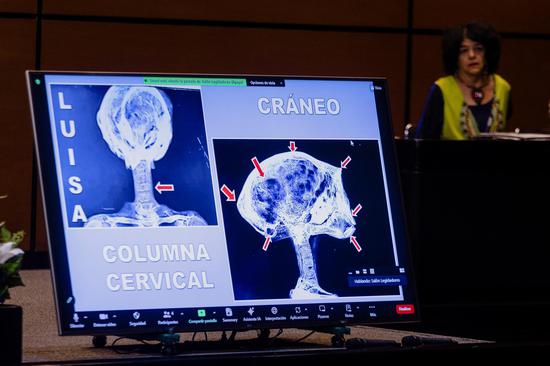




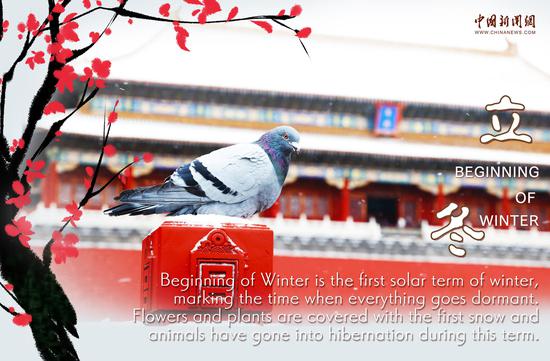



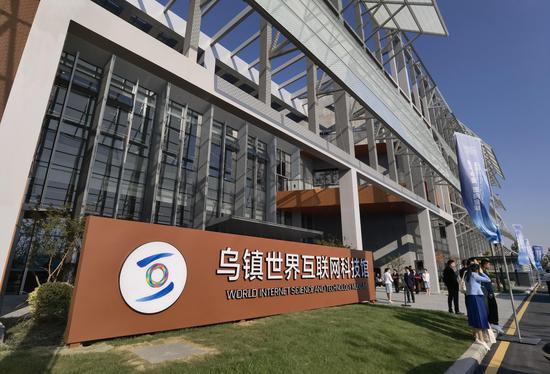










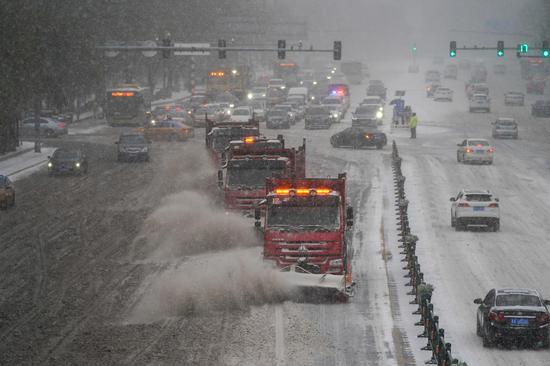




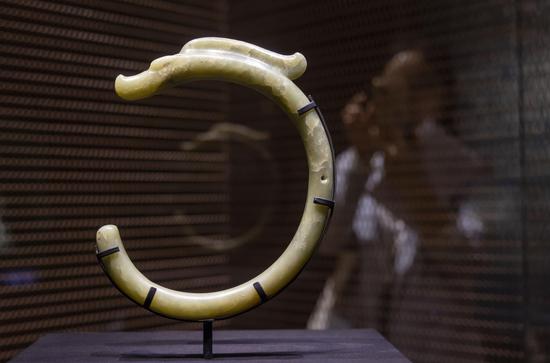
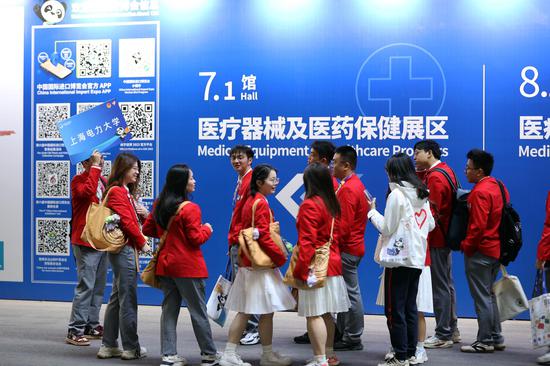





 京公网安备 11010202009201号
京公网安备 11010202009201号